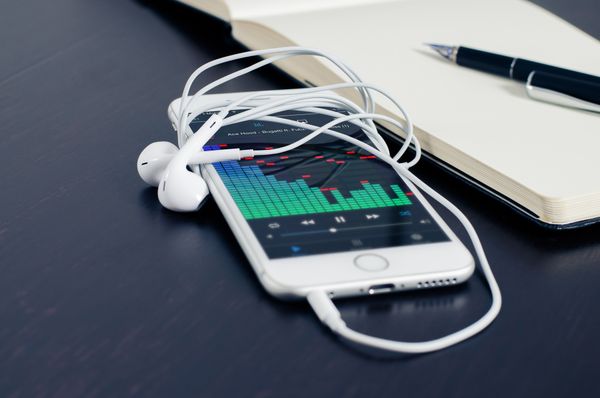Personal data stored on smartphones by 50 percent of users

With more than half of the world”s population using a smartphone and with over half of the world”s web traffic coming from mobile phones, it”s understandable that 50 percent of users store their personal and private information on their smartphones, according to a Bitdefender survey* performed during April 2017.
Teenagers aged between 18 and 22 years-old are more likely to store personal information on smartphones (68 percent) according to the same study. However, 4 out of 10 smartphone users don”t have a security solution installed nor do they perform firmware updates for their devices. This exposes them to data theft and malware especially since downloaded apps don”t always come from official marketplaces. However, in terms of concerns about smart device security, 57% are afraid that their user”s identity can be stolen
The same study concluded that 7 out of 10 Smartphone or tablet users claim that they changed the passwords on these devices more than 3 months ago. With an average of 11 smart devices / accessories in a user”s home, only 6 out of 10 smart device users claim that they have different passwords for each smart device/ accessory. However, 2 out of 10 have some passwords that they randomly use and 1 out of 10 use only one password for all their smart devices.
Malware for smartphones has skyrocketed during the past couple of years and regardless of the type of mobile operating system you might be using, whether it Android or iOS, there are also phishing or fraudulent websites out there gunning for your private information and credentials. Phishing and spyware are among the top three concerns to smart device users, with 56 and respectively 51 percent of respondents claiming to be weary of.
Because a large number of smartphone users don”t have a security solution, according to a recent Bitdefender survey*, and because users often install applications from untrusted or third-party marketplaces, there”s a high likelihood that they”ll be infected. With 643,476 new Android malware programs emerging in June 2017 alone, according to independent testing organization AV-TEST, having a mobile security solution that”s able to detect and protect your smartphones is no longer optional, but mandatory.
While iOS might not me so prone to malicious apps being downloaded from third-party marketplaces, users are still vulnerable to phishing or fraudulent websites aiming to collect personal or financial data. To that end, it”s also vital to have a security solution installed that”s able to protect your browsing activity from malicious websites.
Having a mobile security solution that”s able to protect both Android and iOS operating systems from these types of threats is vital especially since half of all smartphone users keep their private information stored on these devices. Whether its malware aiming for your data or other online threats gunning for your credit card information or e-banking credentials, a mobile security solution that”s able to identify all these threats is vital towards protecting your privacy and personal data.
*Note: The study consisted of a survey performed by iSense Solutions at Bitdefender”s request during April 2017, and it”s based on based on 1000 interviews. The sample used in this report is representative for the Smart device users, with WI-FI connection in USA (at age, gender and region level), 18+ y.o.. Error degree is +/-3. 1% at a confidence interval of 95%.
tags
Author
Liviu Arsene is the proud owner of the secret to the fountain of never-ending energy. That's what's been helping him work his everything off as a passionate tech news editor for the past few years.
View all postsRight now Top posts
How to Protect Your WhatsApp from Hackers and Scammers – 8 Key Settings and Best Practices
April 03, 2025
Outpacing Cyberthreats: Bitdefender Together with Scuderia Ferrari HP in 2025
March 12, 2025
Streamjacking Scams On YouTube Leverage CS2 Pro Player Championships to Defraud Gamers
February 20, 2025
How to Identify and Protect Yourself from Gaming Laptop Scams
February 11, 2025
FOLLOW US ON SOCIAL MEDIA
You might also like
Bookmarks








